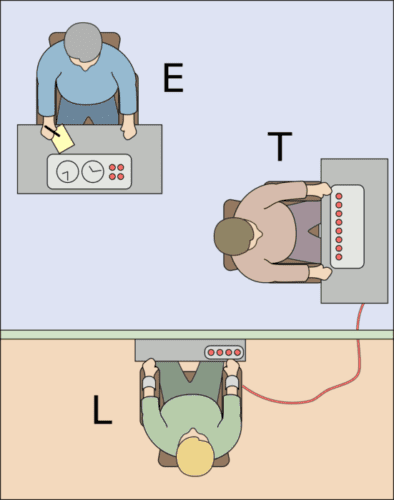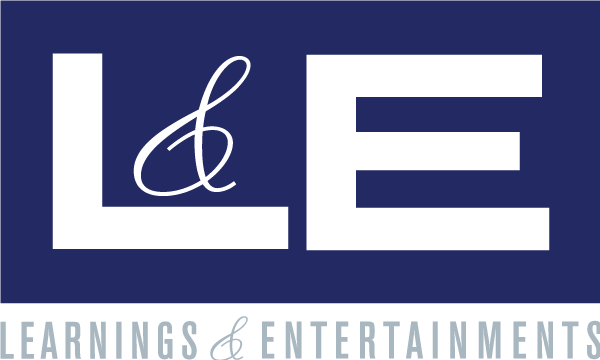A version of this article appears in Corporate Compliance Insights
While training is helpful and important, it can get too much focus. After all, training doesn’t address the primary reasons people do what they do. Ronnie Feldman discusses the importance of changing the culture.
Ethics and compliance programs tend to put much of their focus on training – making the training shorter, making it modular, making it interactive, making it more targeted, making it trackable and measurable and so on. This is a good thing, because as we know, not every company tries to make the training (ahem) “tolerably good” for employees, and that conservative approach to training will likely come back to haunt them.
How to make effective training is a whole other discussion in and of itself. What I’d like to focus on is the fact that while great training is helpful and important, it gets far too much focus, because it does not address one of the primary influences of why people do the things they do. Behavior science tells us that knowledge and understanding does not necessarily mean that people will behave according to that knowledge, and that’s because environment has a huge influence on behavior.
“Environment Affects Behavior”
The Fundamental Attribution Error (FAE) essentially says that people tend to overestimate internal stimulus (i.e., “I’m a good person”), and they underestimate external stimulus (i.e., “there are other factors that influence what we do”). We all tend to believe we’re good, and what’s interesting is, we are really good at justifying our bad and/or unhealthy behaviors.
Conformity & Group Think: The desire for conformity results in an irrational or dysfunctional decision-making.
The Solomon Asch study famously tested the power of the social environment on conformity. In the study, the subjects would intentionally provide incorrect answers to questions, knowing it was incorrect, because they didn’t want to go against the crowd. The entertaining clip below from the old TV show “Candid Camera” illustrates the power of social pressure on conformity.
The Stanley Milgram study in the 1960s famously showed that subjects (“T” in the image below) tend to obey orders from others whom they deem an authority figure (“E”). In this study, they were instructed to press a button, which, unbeknownst to the subjects, would deliver an electric shock to a third participant (“L”) in an adjacent room. When they did, the person in the adjoining room would scream in pain. The subjects were instructed to keep doing this, even though the screams would get worse. What’s fascinating is that the majority of people reluctantly kept pressing the button, because they were told to, even though they knew it was wrong. Shockingly right!

The point is that smart, well-intentioned, well-informed people will sometimes do the wrong things if the social environment is accepting of it and/or if they feel pressure to do so, even though they have the proper knowledge and understanding. The power of conformity and groupthink is strong and can work against you (i.e., “it’s no big deal, everybody’s doing it,” and “it’s okay, you’ve been working hard and you deserve a break”). Conformity can also work foryou (i.e., “hey, we’re not the kind of company that does that”).
You can have 100 percent completion rates and high knowledge test scores that are improving, but that still doesn’t mean employees trust the ethics and compliance team, trust that leadership supports them and trust the process for those that speak up.
They say culture eats strategy;
well, culture eats training.
You could argue it’s even more important to spend your time and effort establishing a social environment where employees feel comfortable asking questions and speaking up to report concerns. Then, whether they know the right information or not, they feel comfortable seeking out advice. Or better yet, you create a culture where employees are more likely to police themselves. This is hard to do.
You can’t change your culture overnight; however, you can influence it by how you choose to communicate. In fact, I would argue that ethics and compliance (with leadership’s support) is in one of the best positions to actively influence the culture, because you cut across the entire organization. The most important attribute of an ethics and compliance professional is the ability to influence the culture. This requires a sustained and continuous effort:
- to reinforce your principles and values,
- to reinforce the importance of speaking up to ask questions and report concerns,
- to showcase what happens to those that do – and don’t – follow these principles so that employees feel psychologically safe and
- to do this in a way that’s interesting, positive and colorful (so they don’t tune you out).
Yes, this effort will require improved education and training so that those communication touchpoints are positive and meaningful. But let’s not ignore the ongoing drumbeat of communication and awareness that needs to surround and support those training efforts so that the environment is trusting and supportive and groupthink starts to work to your collective advantage.




